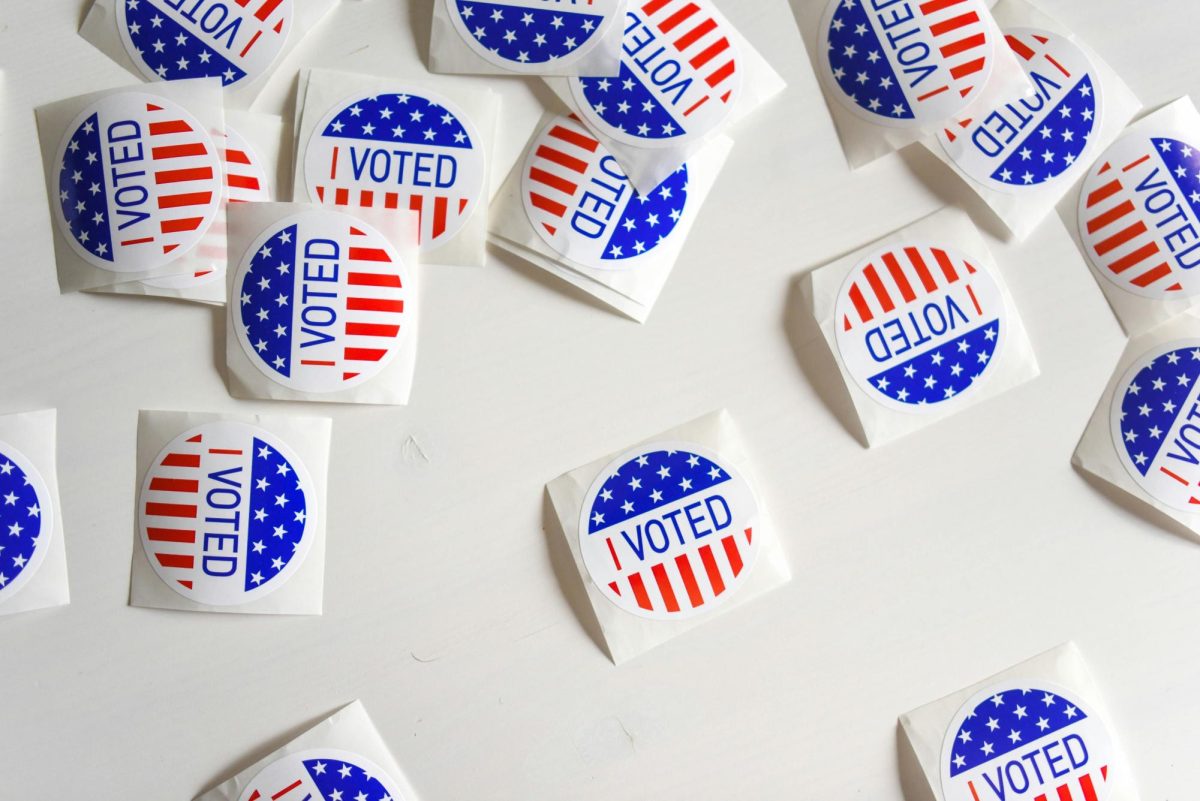Even though you’ve heard it a million times before, these are unprecedented times.
From the two (as of writing) assassination attempts that have occurred towards candidate Donald Trump, to over
213 incidents of political violence across the country according to Reuters last year, political violence has skyrocketed, along with a general polarization of the country’s voters. It can be harder still, as a student almost or already of voting age, to discuss political topics in a reasonable way with other students. That’s why we want to talk to you today, to provide you with ways to keep your conversations civil during this difficult time.
Stay Informed
Even if you can barely finish your Civics homework, it’s still important to be involved in the news, especially when so many Americans are misinformed. According to a study by Statista, 38.2 percent of Americans have shared some form of fake news or misinformation accidentally, and only 23 percent of people are confident that they can recognize misinformation in the first place.
When in doubt, ask your history teachers. Plenty of them love discussing government and current events to help you get a better understanding of what’s going on in the world! Make sure not to look to social media for political information – most information on apps like TikTok and Instagram are biased sources with information that can often be fake. Also, make sure you do your research on news sources before getting information from them. Many news sources can be biased towards a certain party which is why you should go to multiple different sources
Keep a kind, constructive mind
The late Supreme Court justices Ruth Bader Ginsburg and Antonin Scalia disagreed in their judgements about as much as any two people could, but they were famous for being “best buddies” outside of the Court. In a 2016 interview with biographer Irin Carmon, Ginsburg tells how Scalia sent her his drafted dissent in the 1996 United States v. Virginia when she was writing her majority opinion: “He absolutely ruined my weekend, but my opinion is ever so much better because of his stinging dissent.” If the most respected legal authorities in the nation can respect each other and discuss constructively, we can too.
Remember: we’re all human
Politics are personal by nature. Don’t force someone into a political conversation if they aren’t comfortable. Respecting other people’s boundaries, beliefs, and identities is crucial to having a constructive conversation that will leave the both of you more informed than when you started it, whether on world headline topics or in-town issues. You may not convince the other person that your side is correct, but you at least allow them to consider a different worldview, just as they allow you.








